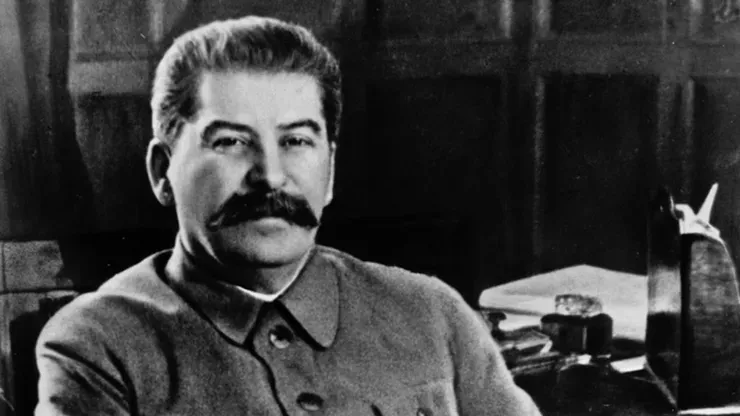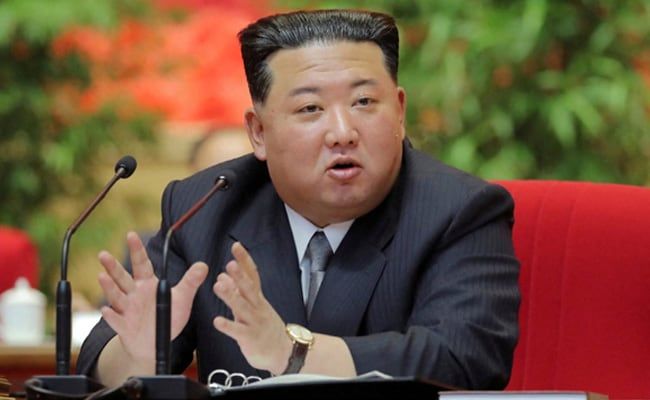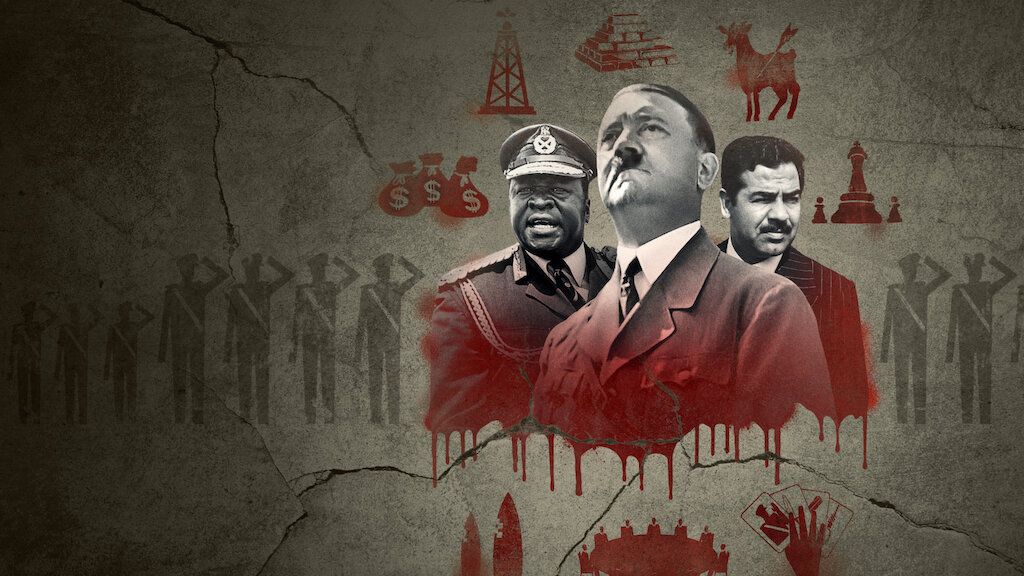Welcome to a whimsical journey into the realm of power, where we delve into the world of dictators and their peculiar strategies for gaining and maintaining control.
Drawing inspiration from the Netflix docuseries 'How to Become a Tyrant,' we embark on an exploration of the dark and often sadistic methods employed by some of history's most notorious dictators. So, buckle up as we dissect the steps to becoming the perfect dictator.
Seize Power - The Hitler Handbook

The Budding Dictator's Cheatsheet:
- Propaganda and the art of manipulation: Hitler's use of speeches and mass rallies
- Exploiting economic hardships: Leveraging discontent to gain support
- Controlling the masses through fear and intimidation: The role of the Gestapo and secret police
Our adventure commences with none other than Adolf Hitler, a man who wrote the playbook on how to start a dictatorship. From his fiery speeches to manipulating the masses, we'll explore the art of seizing power and the crucial role of propaganda in rallying supporters to your cause.
Adolf Hitler once famously said, "Make the lie big, make it simple, keep saying it, and eventually, they will believe it."
His words serve as a reminder of the power of propaganda and the manipulation of truth for personal gain. While we jest about his methods, it's essential to acknowledge the profound consequences of Hitler's reign and the atrocities committed under his rule.
Crush Your Rivals - The Saddam Solution

The Budding Dictator's Cheatsheet:
- Eliminating dissent: Purges, executions, and political assassinations
- Creating a network of informants: Spies and surveillance to maintain control
- Cultivating a climate of fear and distrust: The use of public executions and torture
- Suppressing opposition through violence: The brutal crackdown on uprisings and protests
Once you've secured your position, you must ensure that your rivals don't threaten your reign.
Saddam Hussein's infamous use of secret police and purges provides ample material for our satirical exploration. We must reflect on his eccentric personality, his extravagant palaces, and his peculiar fashion choices, all while highlighting the absurdity of his methods.
Reign Through Terror - The Amin Approach

The Budding Dictator's Cheatsheet:
- The allure of fear: Being feared versus being loved
- Public displays of power and cruelty: The notorious stories of Amin's violence
- Orchestrating massacres and purges: The targeted persecution of ethnic and political groups
- Maintaining control through unpredictable behavior: The erratic nature of Amin's rule
Former Ugandan president Idi Amin once posed the question, "Is it better to be loved or feared?"
Idi Amin's reign was marked by paranoia, brutality, and bizarre behavior that often defied comprehension. From self-proclaimed titles like "Conqueror of the British Empire" to his fondness for theatrical displays of power, Amin's regime was a theater of the absurd. While we jest about his tactics, we must not forget the suffering and human rights abuses endured by the Ugandan people during his rule.
Control the Truth - The Stalin Spin

The Budding Dictator's Cheatsheet:
- Rewriting history: Manipulating facts and suppressing dissenting narratives
- The power of censorship and control over media: Propaganda as a tool for shaping public opinion
- Cult of personality: Building a myth around the leader to maintain control
- The role of propaganda in maintaining power: Controlling the narrative to suppress opposition
Joseph Stalin, the Soviet dictator known for his iron-fisted rule, understood the power of controlling information.
Stalin's reign was characterized by a cult of personality, where he portrayed himself as the all-knowing leader and the savior of the Soviet Union. We'll explore the exaggerated myths and fabricated narratives that surrounded Stalin's image, all the while acknowledging the tragic consequences of his regime.
Create a New Society - The Gaddafi Guide

The Budding Dictator's Cheatsheet:
- The quest for a new society: Utopian visions and revolutionary ideals
- Suppressing civil liberties and dissenting voices: The oppressive regime's restrictions on freedoms
- Shaping society through forced ideology: Gaddafi's Green Book and state-controlled education
- The cult of Gaddafi and his extravagant lifestyle: The paradox of a leader living in opulence while the people suffered
Muammar Gaddafi, the eccentric Libyan leader, believed that reshaping society required the abandonment of civil liberties.
Gaddafi's rule was marked by idiosyncrasies that bordered on the bizarre. Whether it was his unconventional wardrobe, his self-proclaimed titles, or his grand architectural endeavors, Gaddafi's eccentricities left an indelible mark on Libya. However, we must not overlook the repressive nature of his regime and the suppression of dissent that accompanied his pursuit of a new society.
Rule Forever - The Kim Dynasty

The Budding Dictator's Cheatsheet:
- The quest for a new society: Utopian visions and revolutionary ideals
- Suppressing civil liberties and dissenting voices: The oppressive regime's restrictions on freedoms
- Shaping society through forced ideology: Gaddafi's Green Book and state-controlled education
- The cult of Gaddafi and his extravagant lifestyle: The paradox of a leader living in opulence while the people suffered
Seizing power is no easy feat, but holding on to it is an even greater challenge. Enter the world of the Kim dynasty in North Korea, where the leaders declared themselves gods to secure their rule.
The Kim dynasty's regime is shrouded in mystery and secrecy, making it fertile ground for satire. We'll explore the cult-like adoration, the extravagant displays of power, and the larger-than-life persona cultivated by the leaders. However, it is crucial to acknowledge the suffering and human rights abuses endured by the people of North Korea under their rule.
As we bring our expedition to a close, it's important to remember that this blog is an exploration of historical figures and their methods.
Dictatorship is not to be celebrated but rather dissected through an analytical lens to shed light on the quirks, eccentricities, and absurdities of power.
Let us bid adieu to the world of tyrants and return to the realities of democracy, with a renewed appreciation for the freedom we hold dear.






